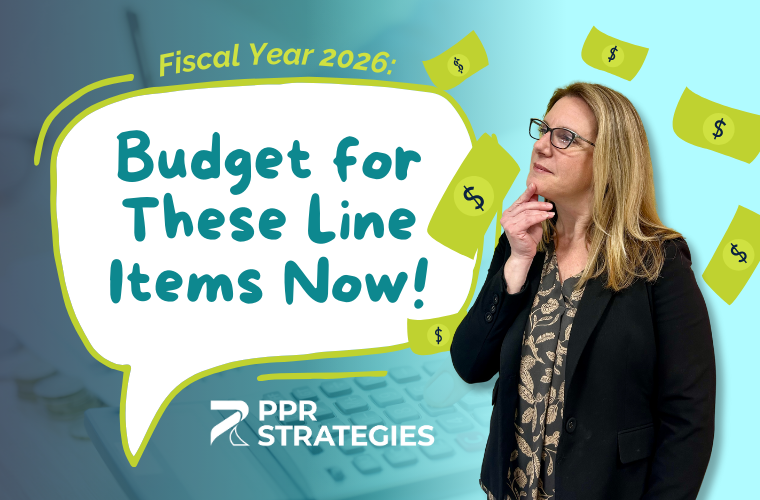Staring at a blank page is scary. What’s the plan? What do I say? How do I make my words sound authentic? What do I want my readers to do?
If you want your writing to sound like you, then start writing how you’d talk. (Well, some of us might have to void a few choice words here and there to keep things kosher.) But vulgarity aside, your genuine voice is more powerful than stringing together sentences that sound stiff and stuffy.
If you’re trying to tackle this writing thing yourself, here’s what you need to keep in mind as you put pen to paper, or more likely, fingers to keyboard:
- Clarity is Key
- You don’t need to impress anybody with your industry jargon or fancy shmancy vocab. Your potential customer wants to understand what you offer. If they’re stopping every other sentence to say “huh?” you’re going to lose a sale faster than you can say, “I need to write clear copy.”
- After you finish writing a paragraph, go back and see if you can get rid of unnecessary words. Show each noun, verb and adjective no mercy! If you can omit a word from a sentence without changing the meaning, then say, “See ya later, word clutter!”

- Breathe Life into Your Copy
- Your content should read like an actual human being was there. (And by human being, I mean the opposite of the monotone Ben Stein from those old Visine commercials.) The reader wants to visualize your gestures, and facial expressions, all from the words you write. You don’t want your finished product to read academic, stiff or generic.
- Use contractions! Don’t be afraid of them. This is one way to make copy sound conversational instead of formal. Contractions make our writing sound like we’re talking directly to the reader rather than talking at the reader.
- Get Inside Their Head!
- Your reader’s the one with the purchasing power, not you. Center your writing on what your audience wants. Not what you want. Creating a connection or significance to your potential customer provides a strong call to action that brings dollars to your doorstep.
- Use the words your audience is likely to use. Doing this makes the reader think, “Hey, they really get me.” Which likely leads to, “I’m going to give my money to the business that understands what I want.”
So what it boils down to is we’re all human. We all have insecurities, demands and struggles. As writers, we have to tap into these sentiments. Even if technology makes selling a product or service less of a face-to-face transaction, that doesn’t mean it has to be an impersonal transaction. Get personal with your words! Show people what you offer with the power of the written word, and you’re bound to get results.
Need help finding your voice? Maybe you don’t have the time or resources to focus on writing. Shoot an email to sandy@platinumpr.com to set up your free 60-minute consultation. We’ll get to know you, so we can craft copy that reflects your authentic personality.
Save








